Kapu Film Directors
Kapu Community: Explore the visionary Kapu film directors and their impactful contributions to cinema. Discover their unique styles.
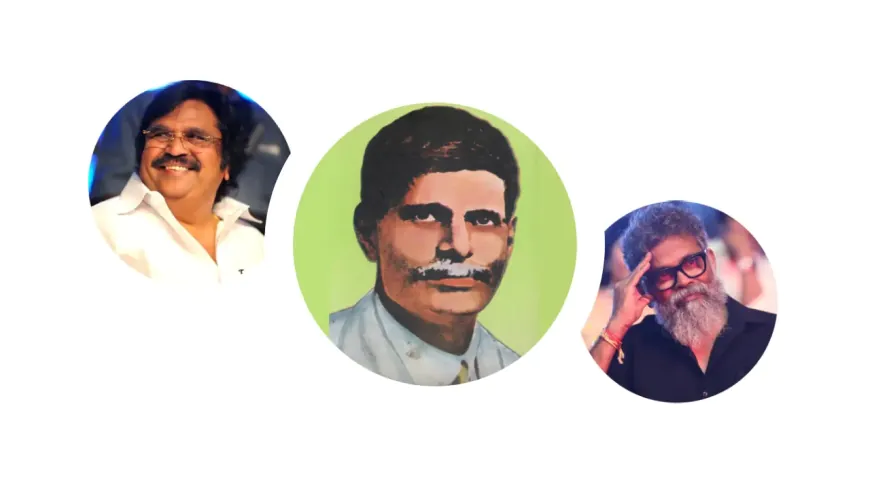
Explore the visionary Kapu film directors and their impactful contributions to cinema. Discover their unique storytelling styles and creative prowess in this captivating exploration of Kapu cinema's rich legacy.
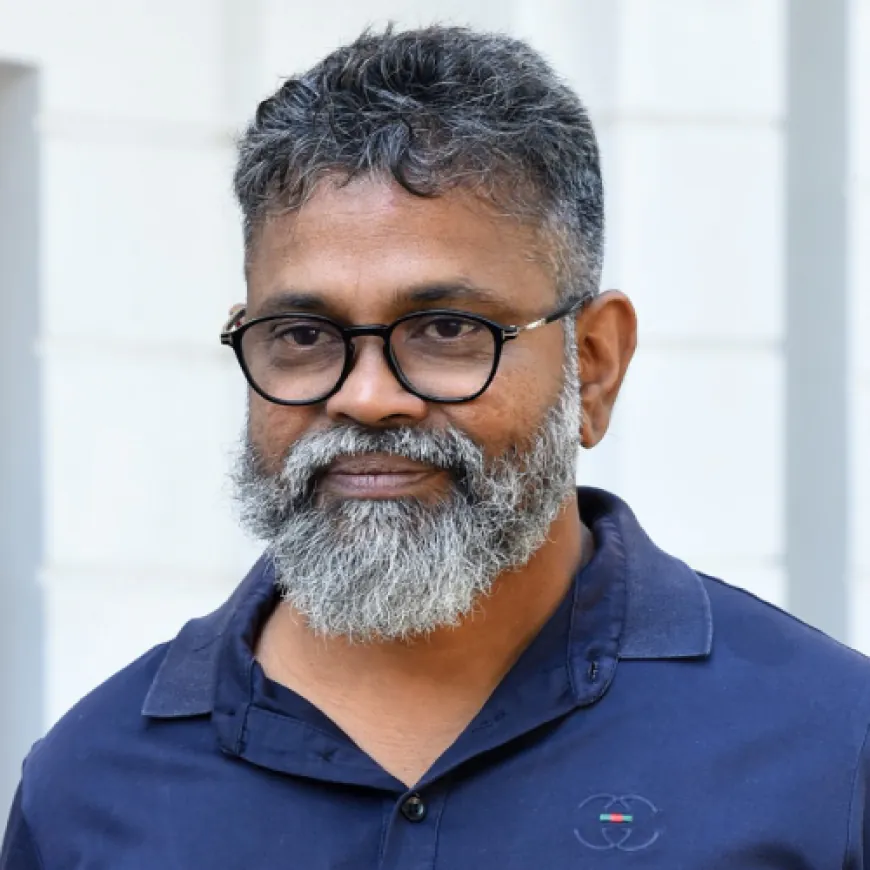
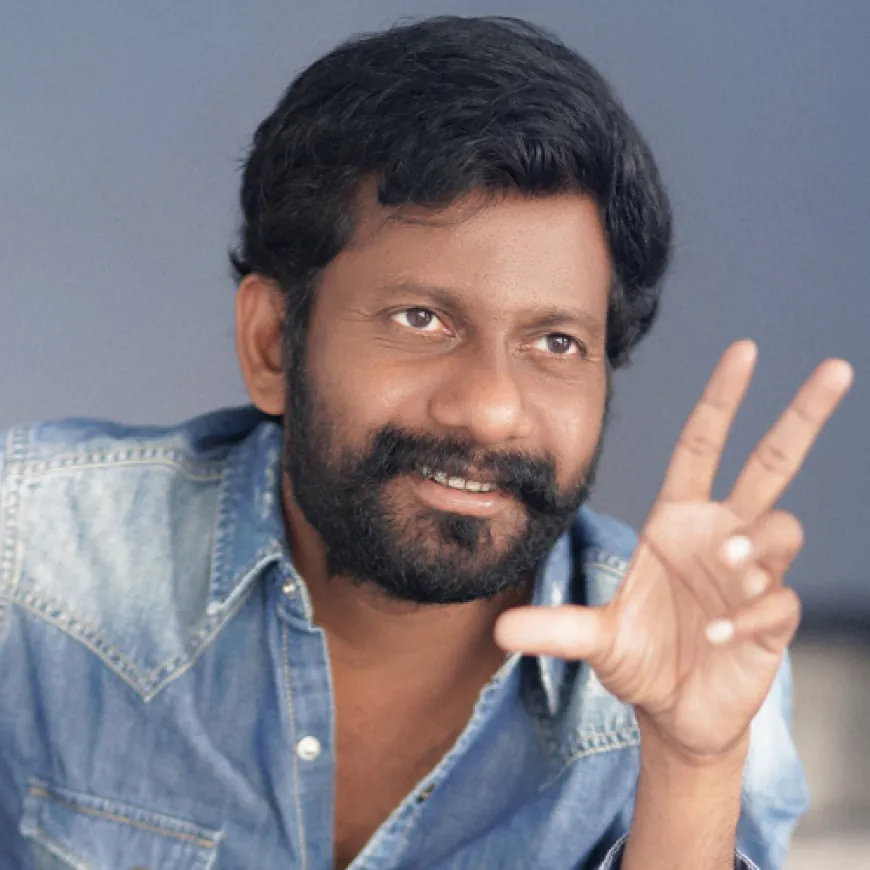
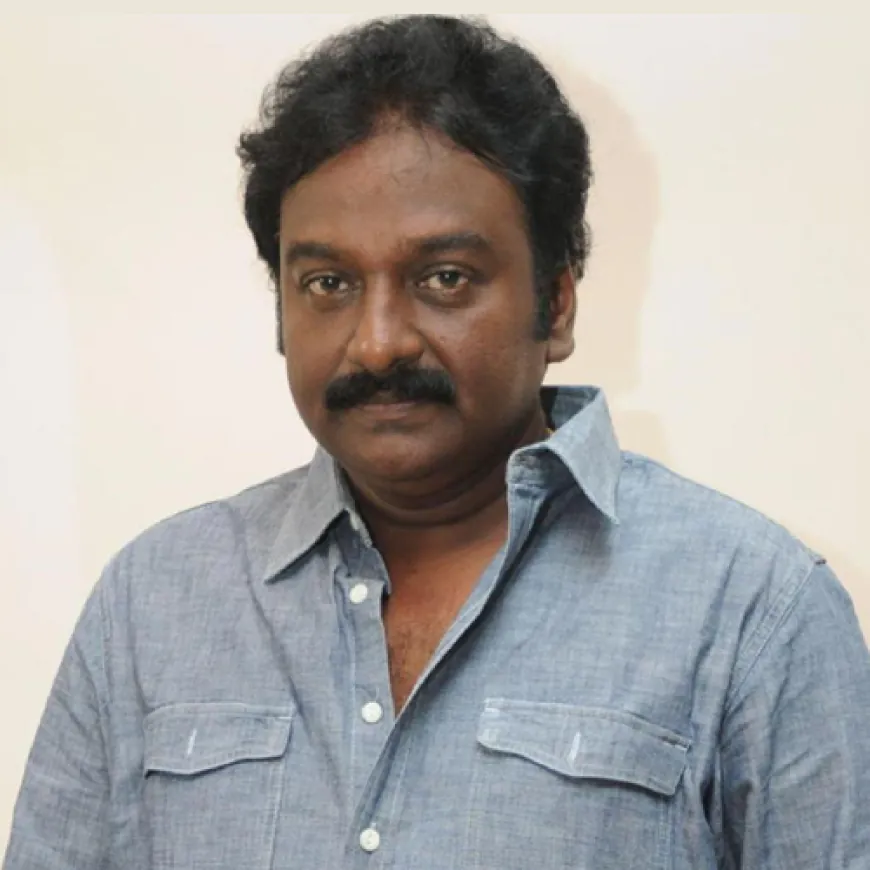
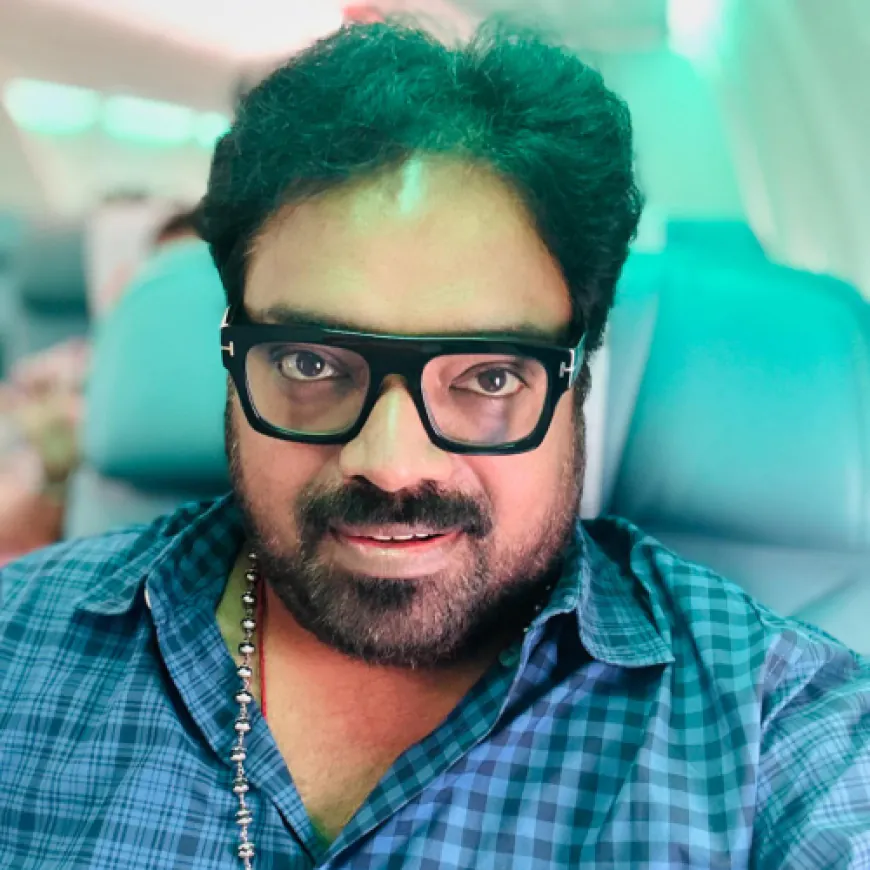
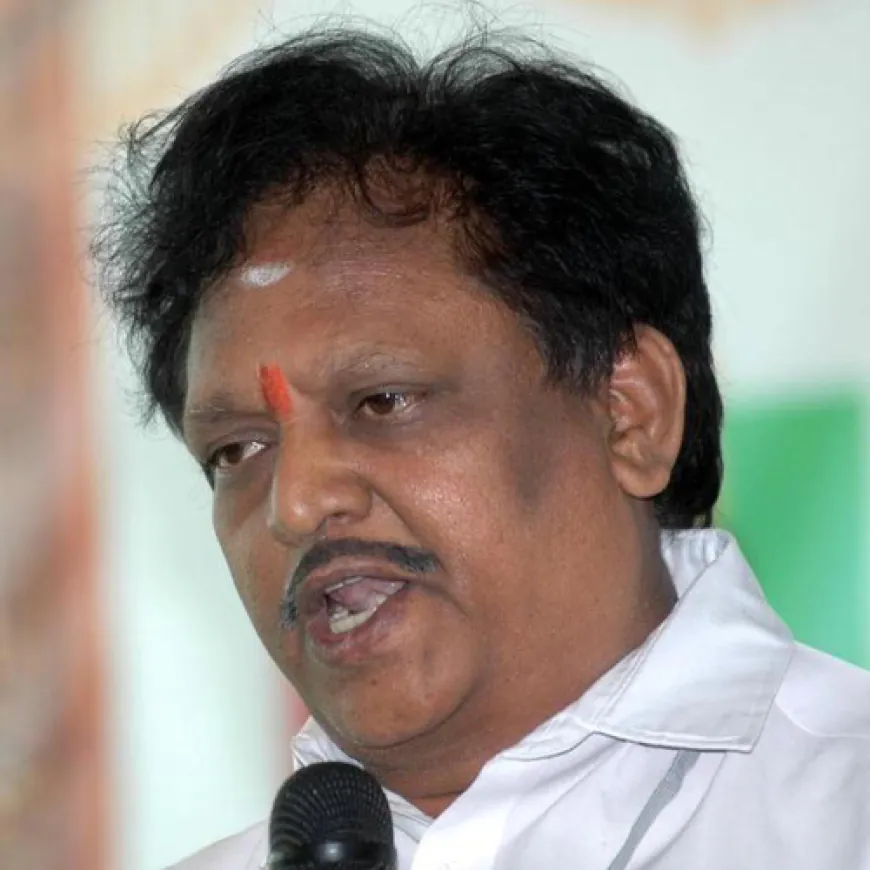
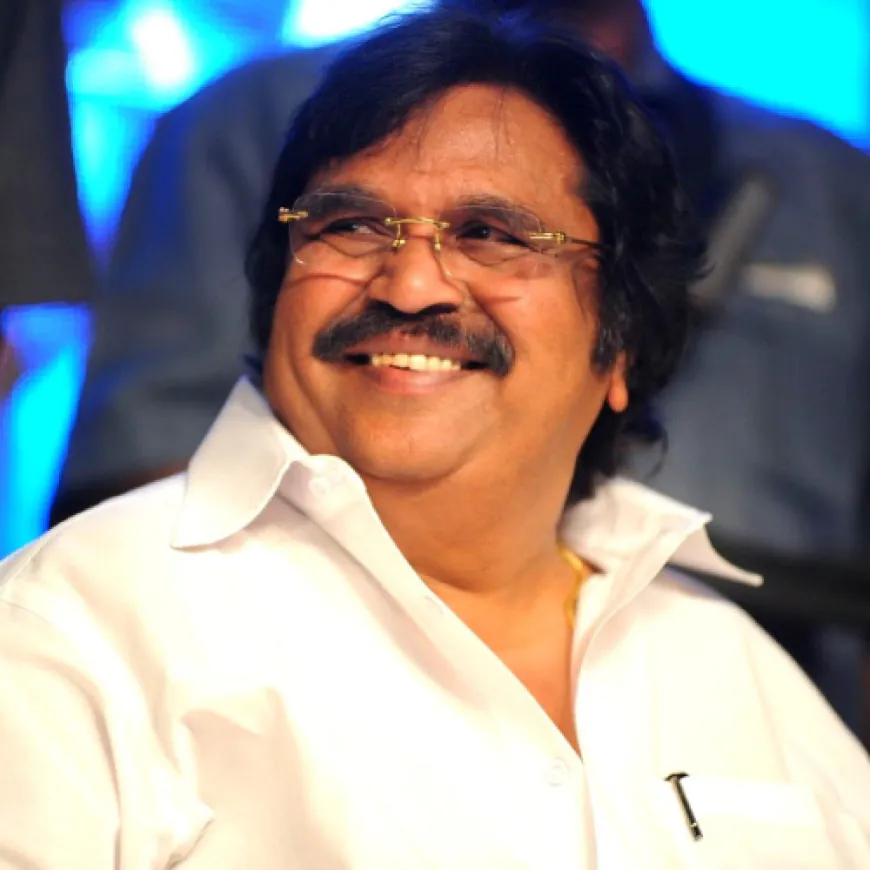

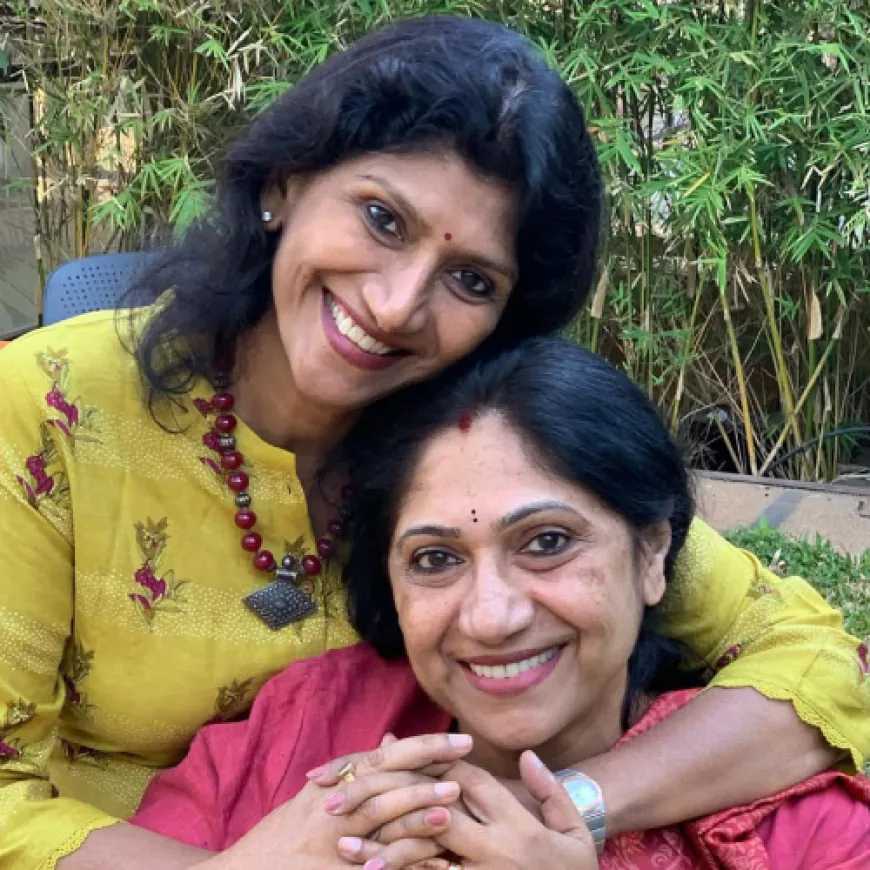

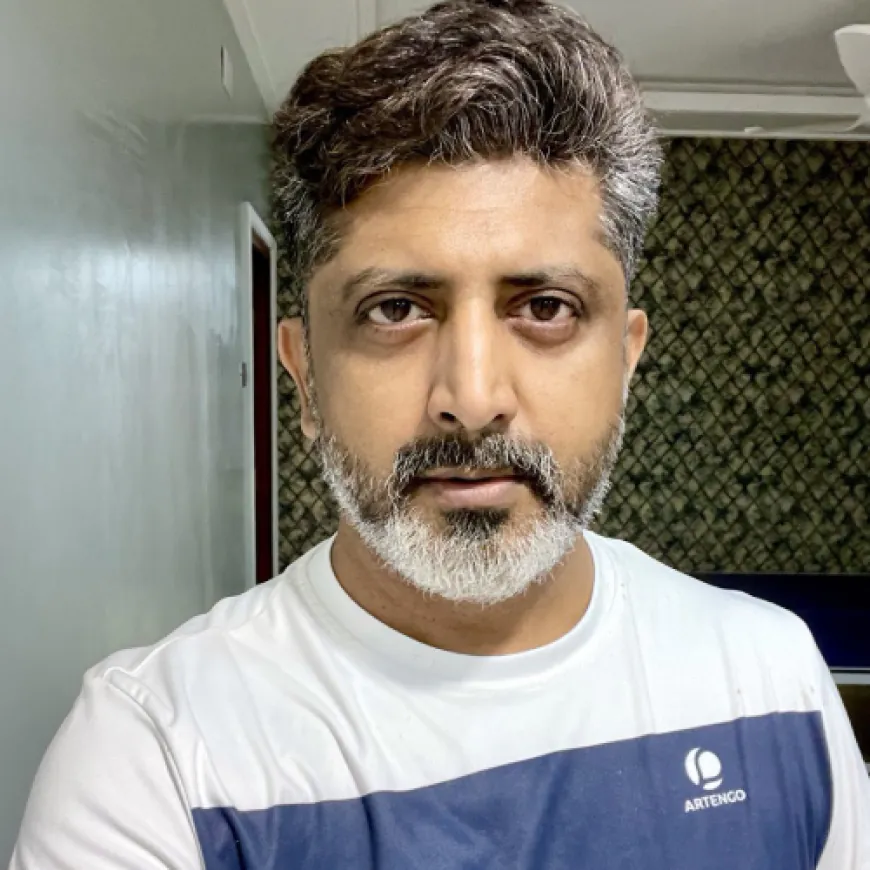
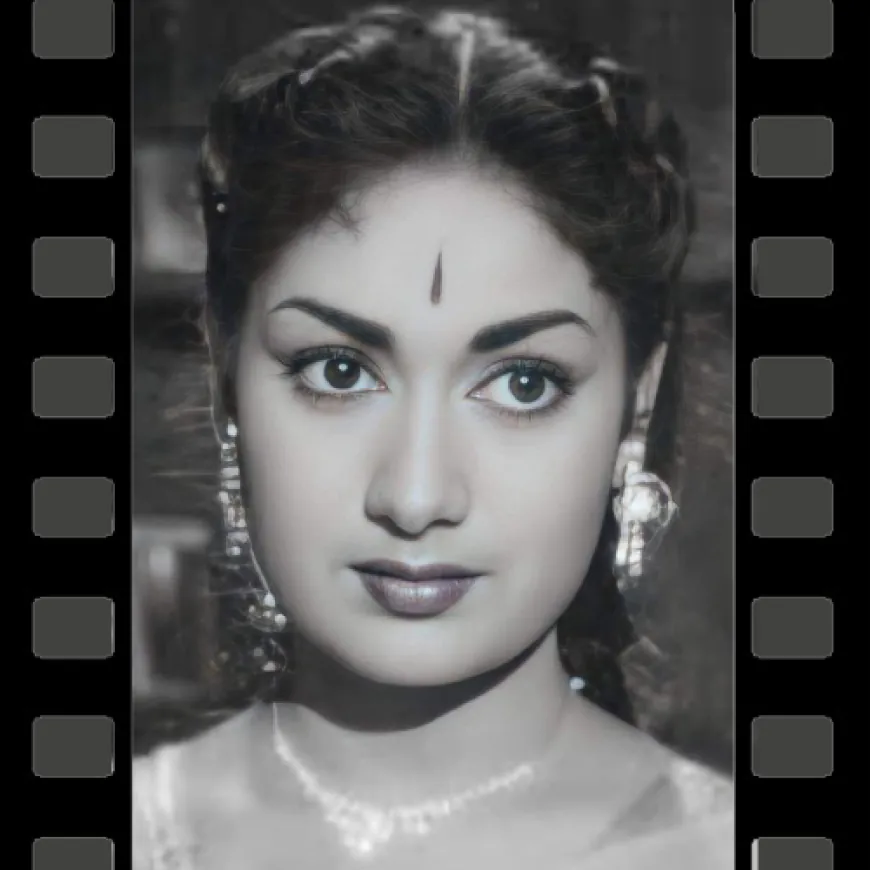
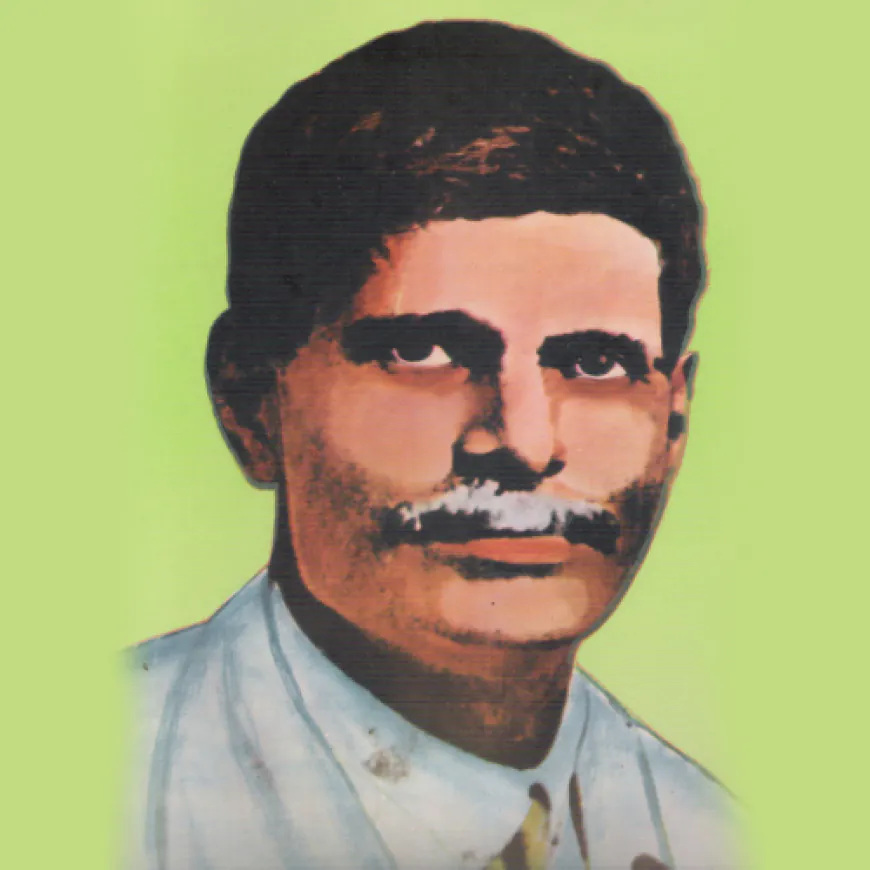
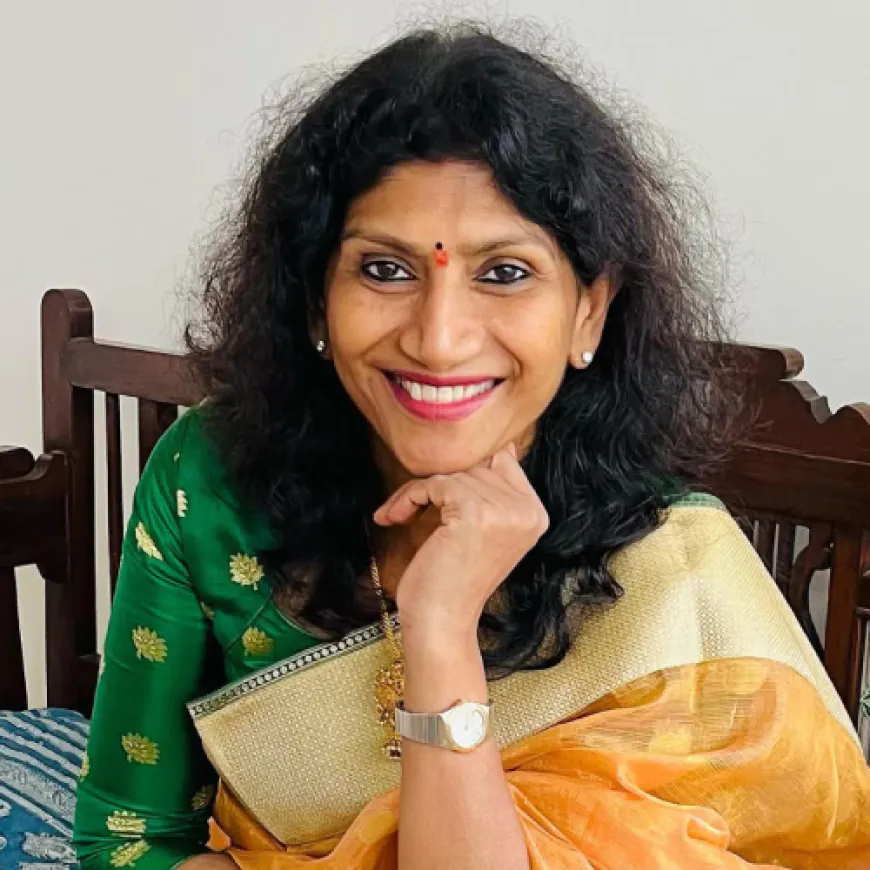
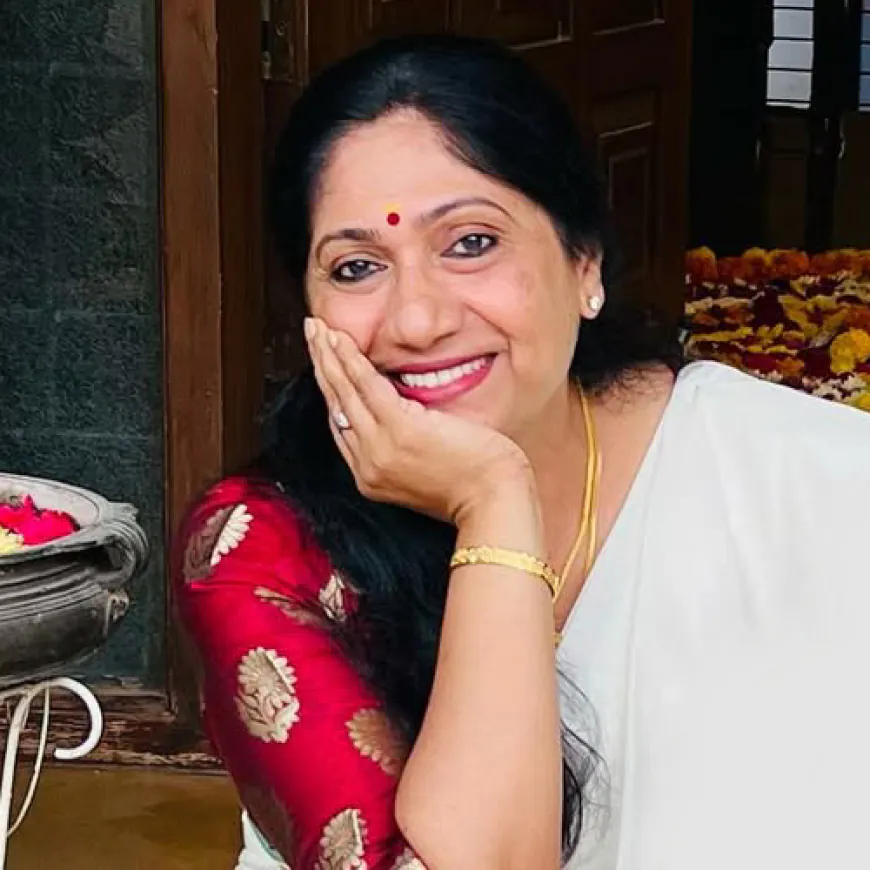
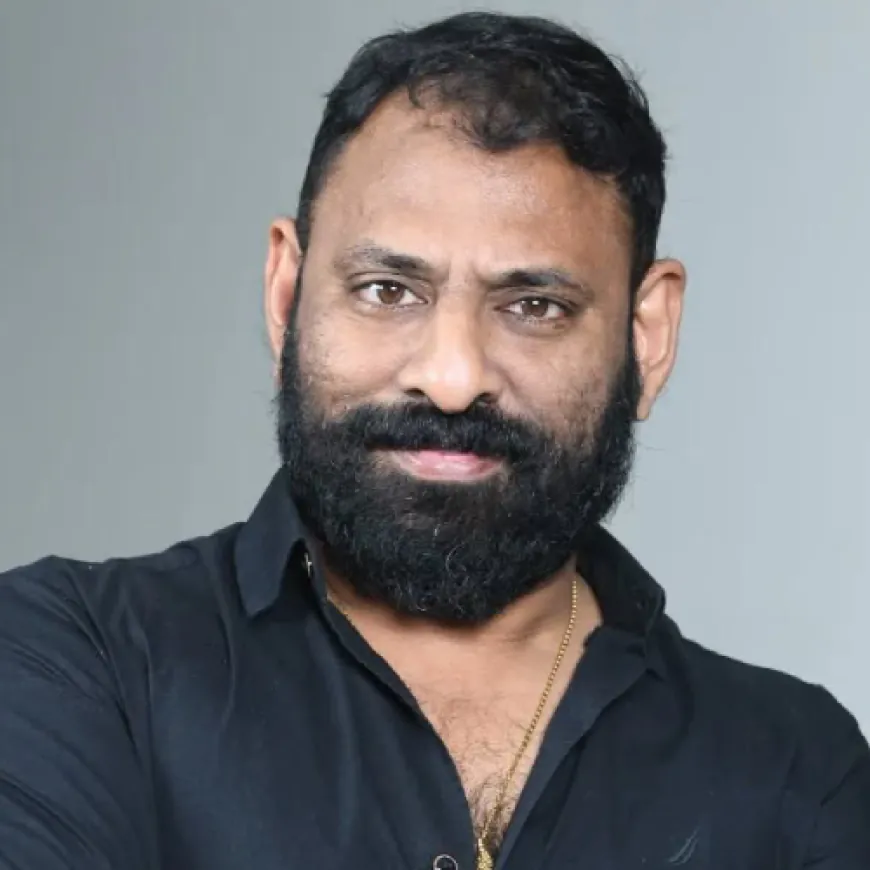
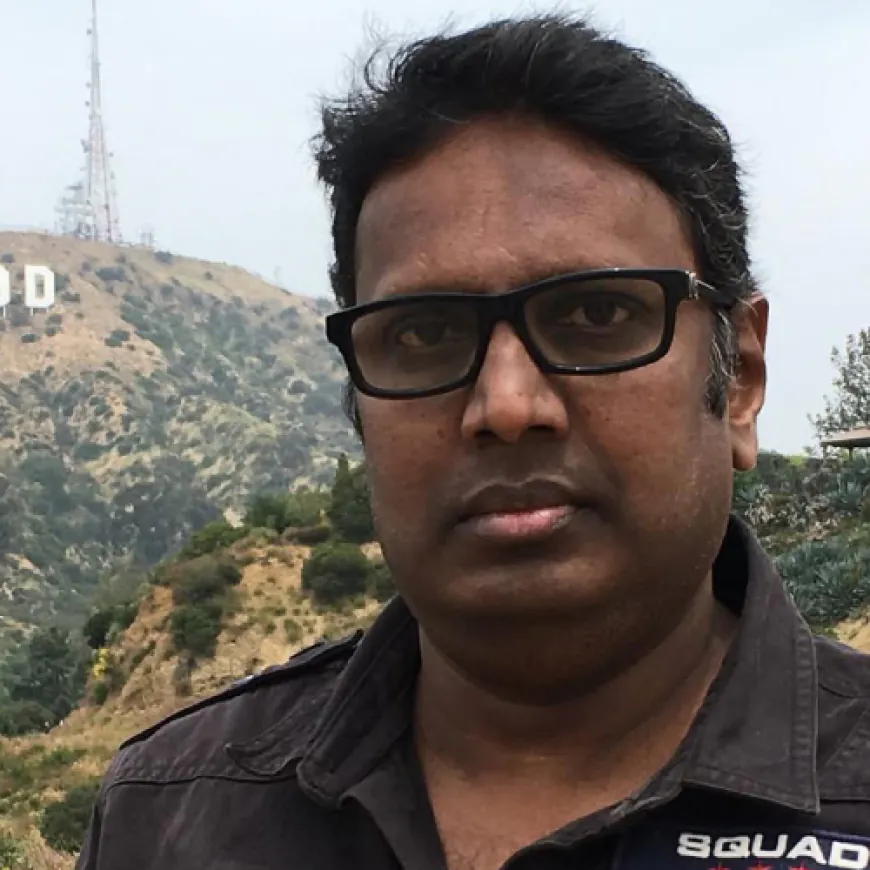
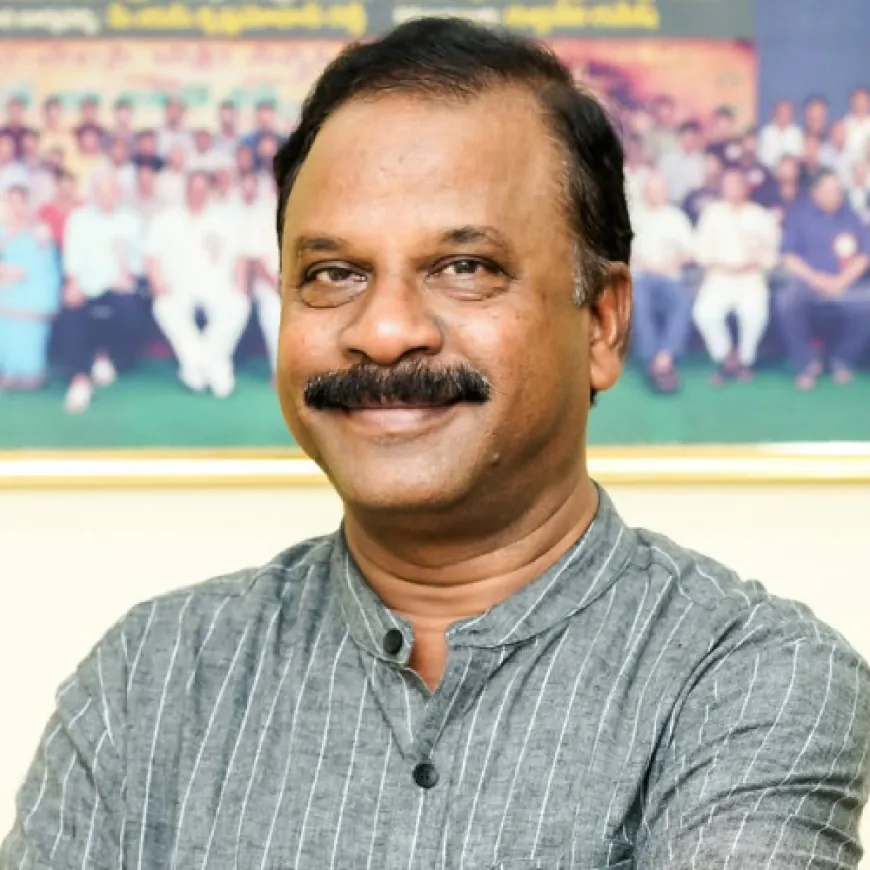
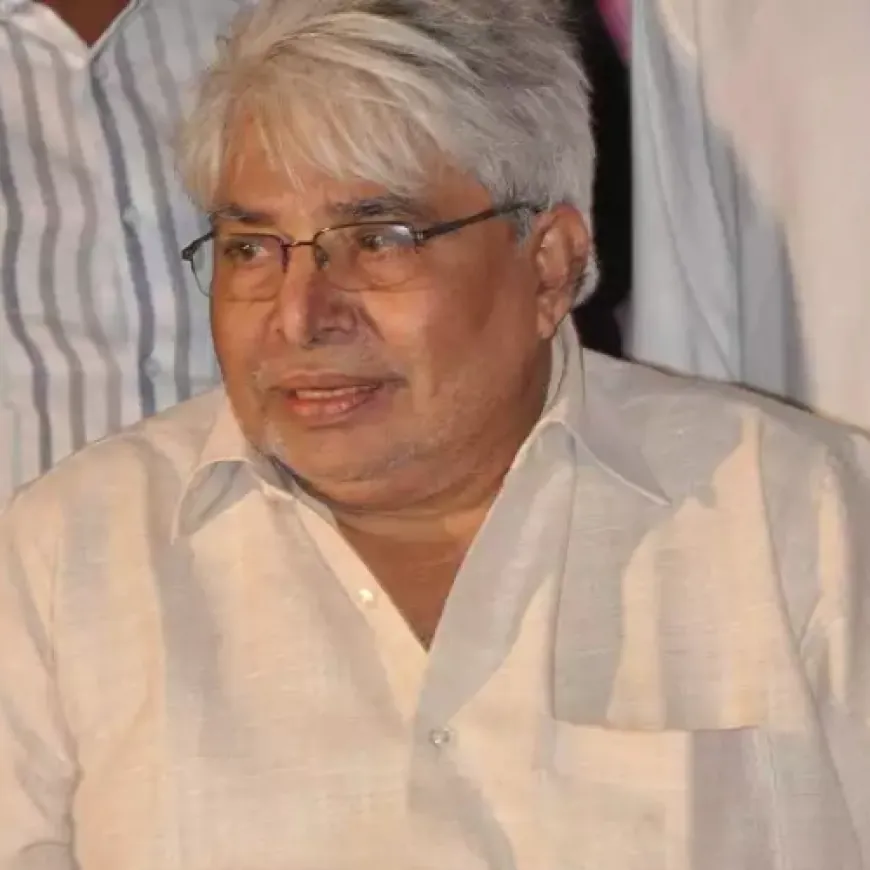
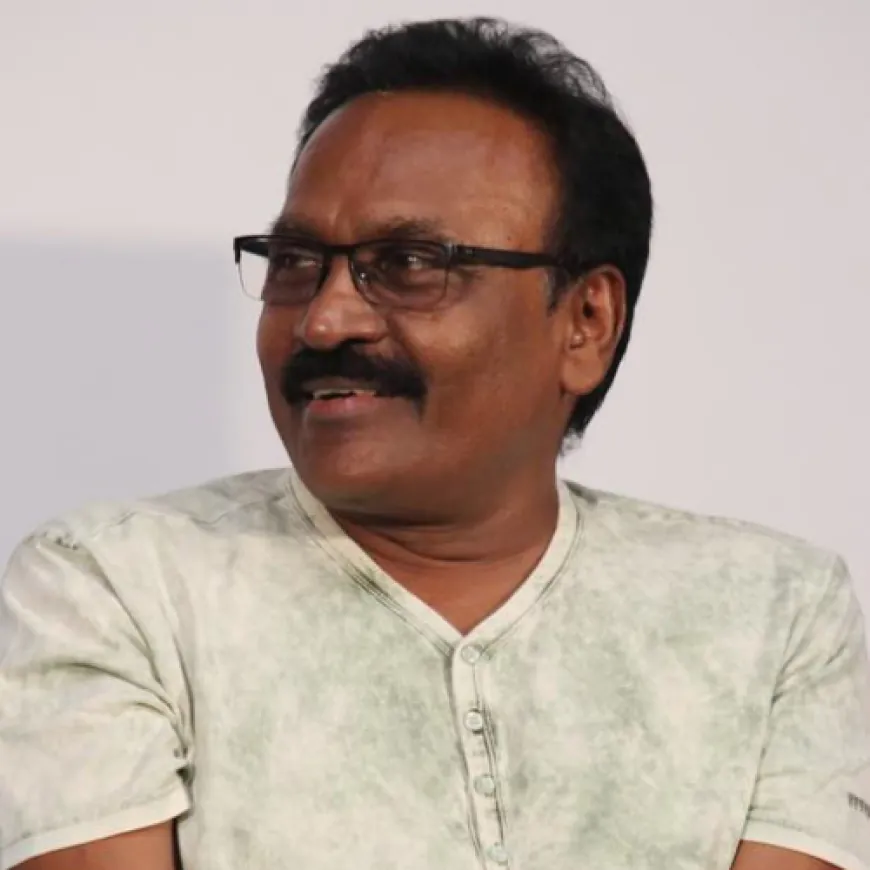
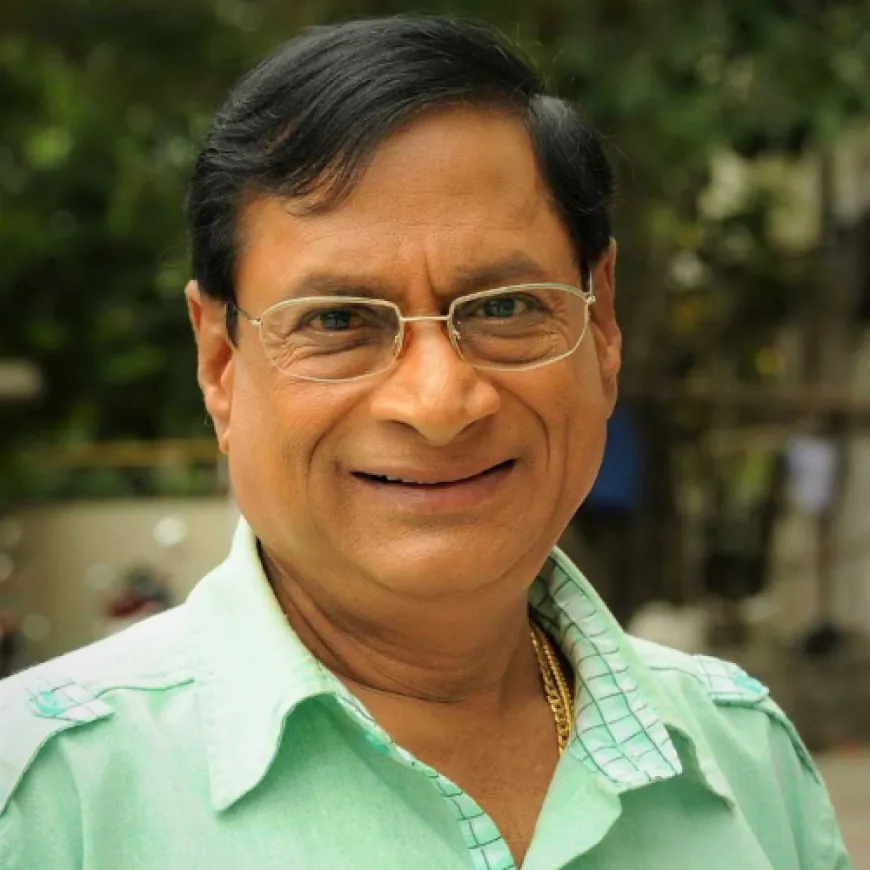
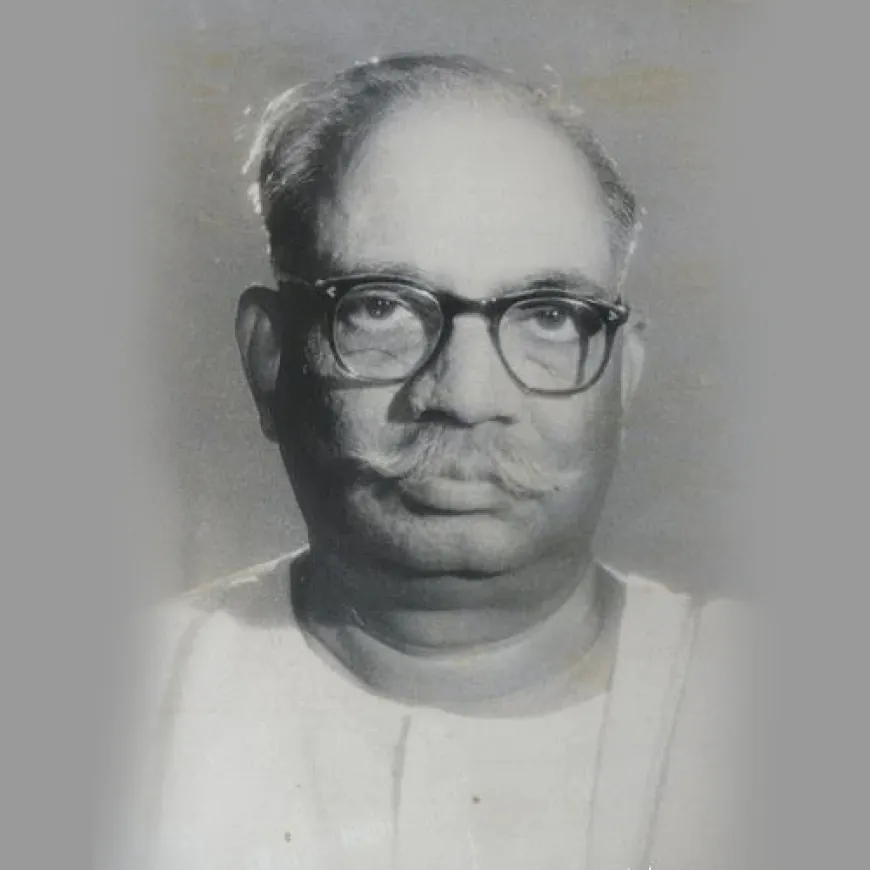
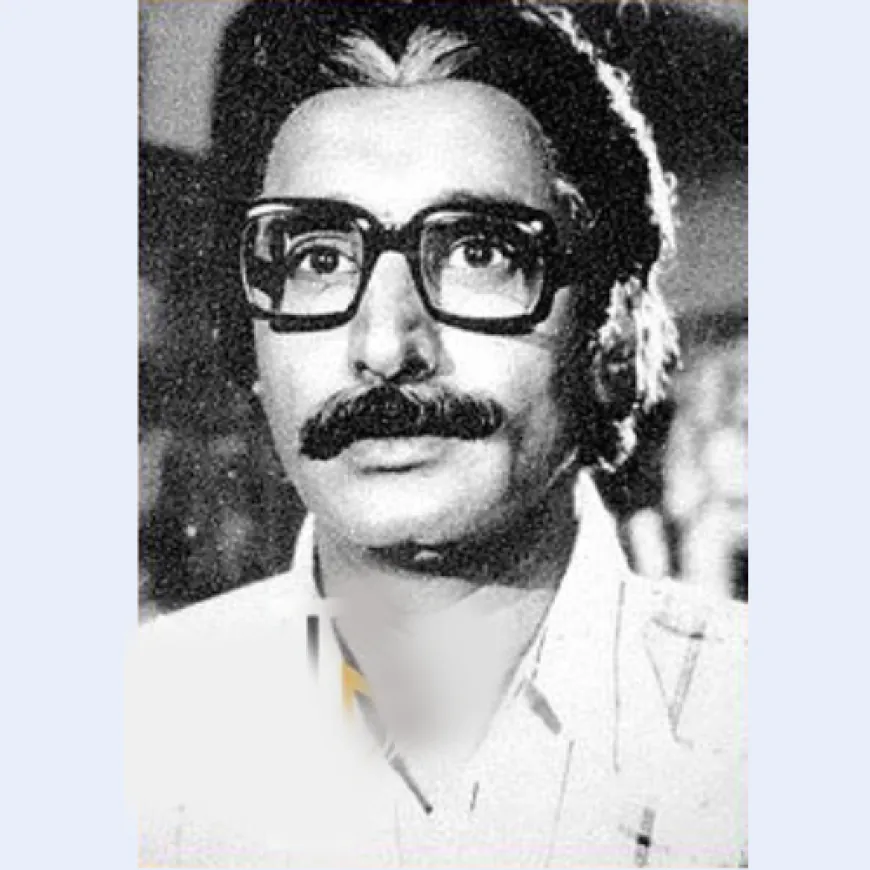
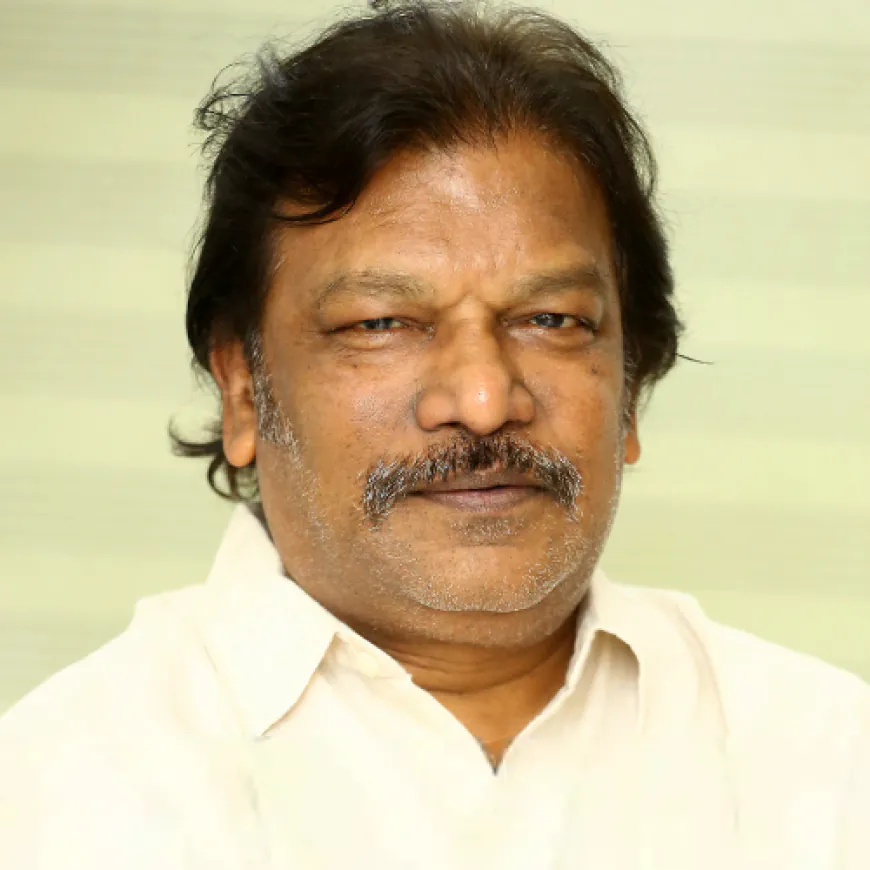
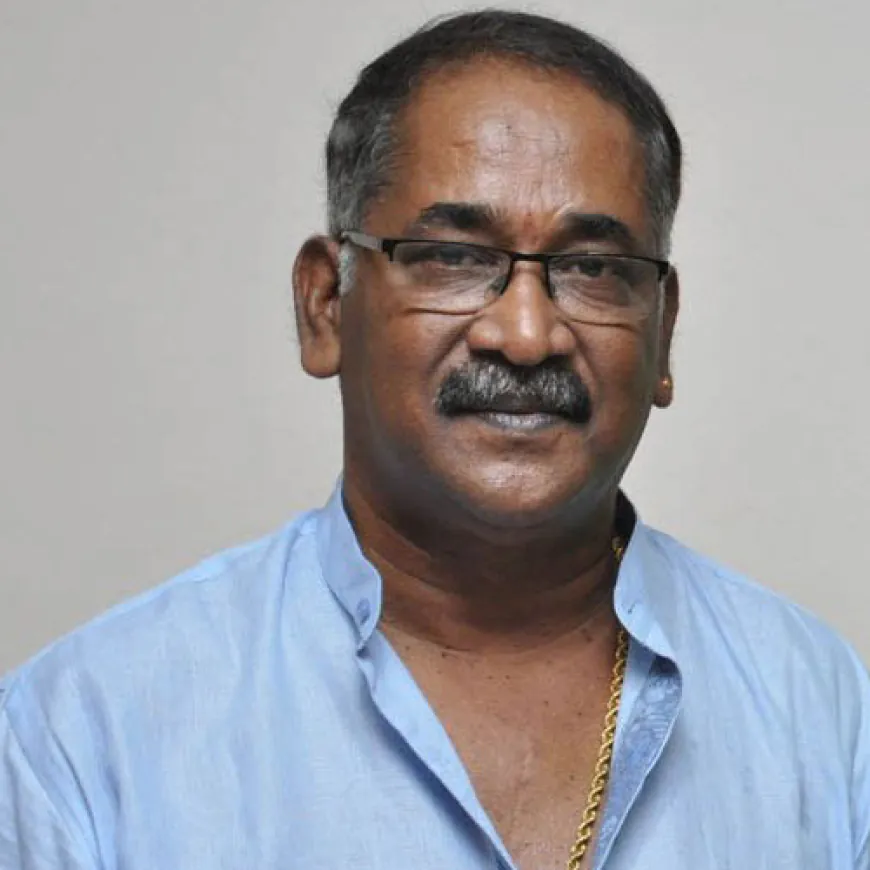
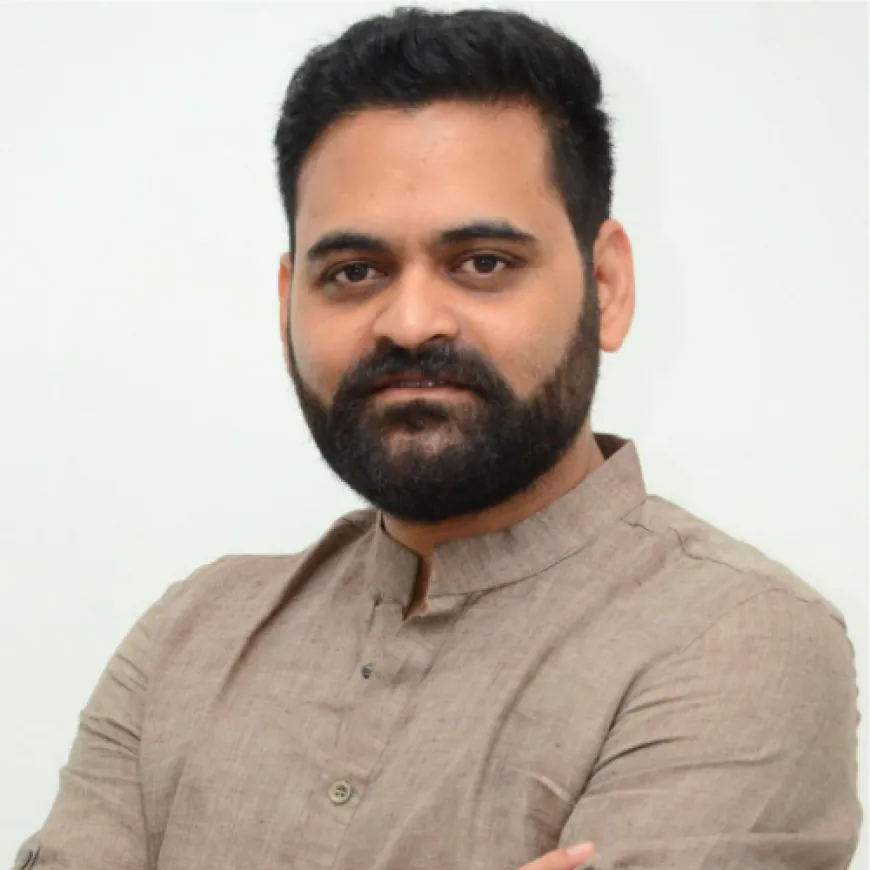

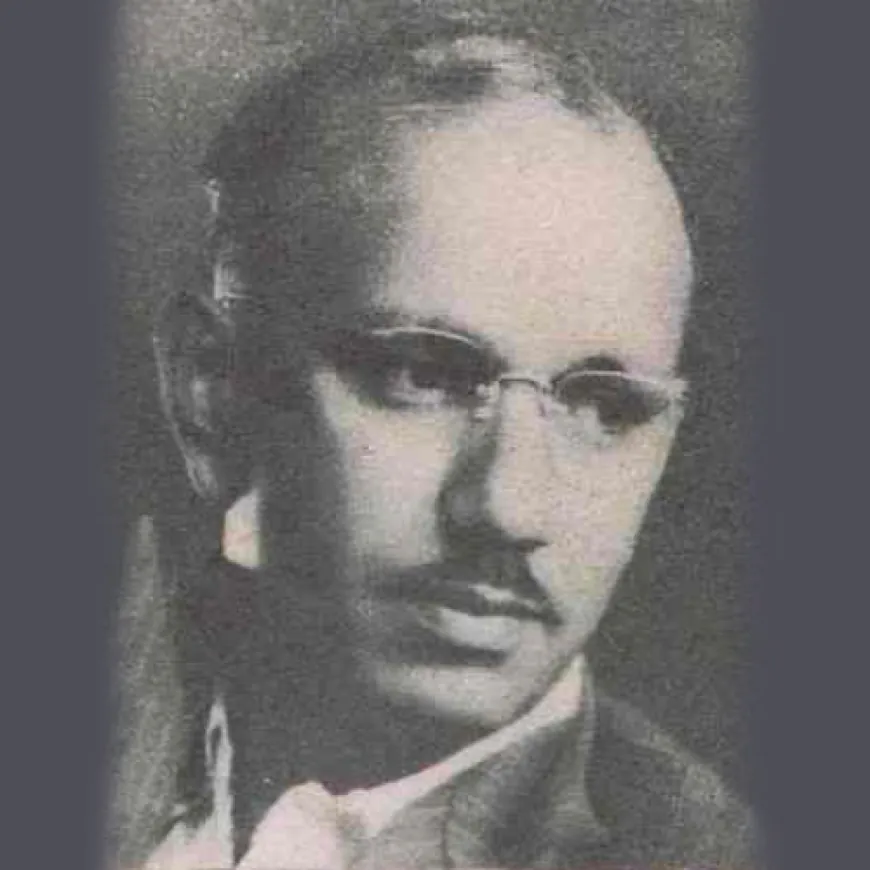
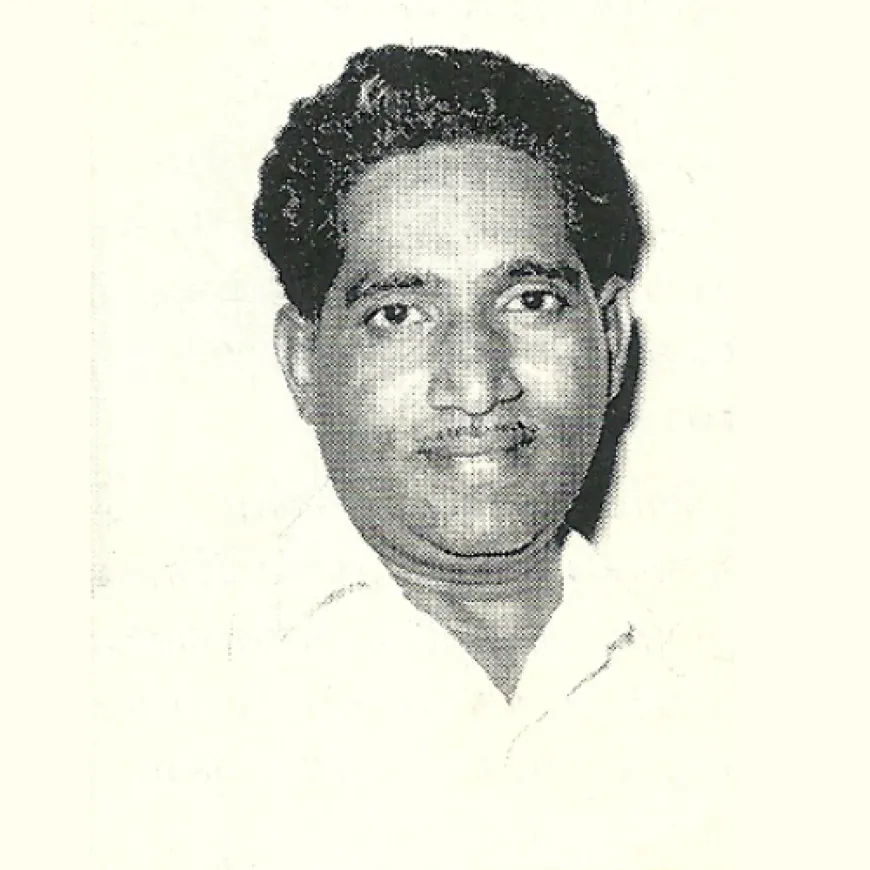

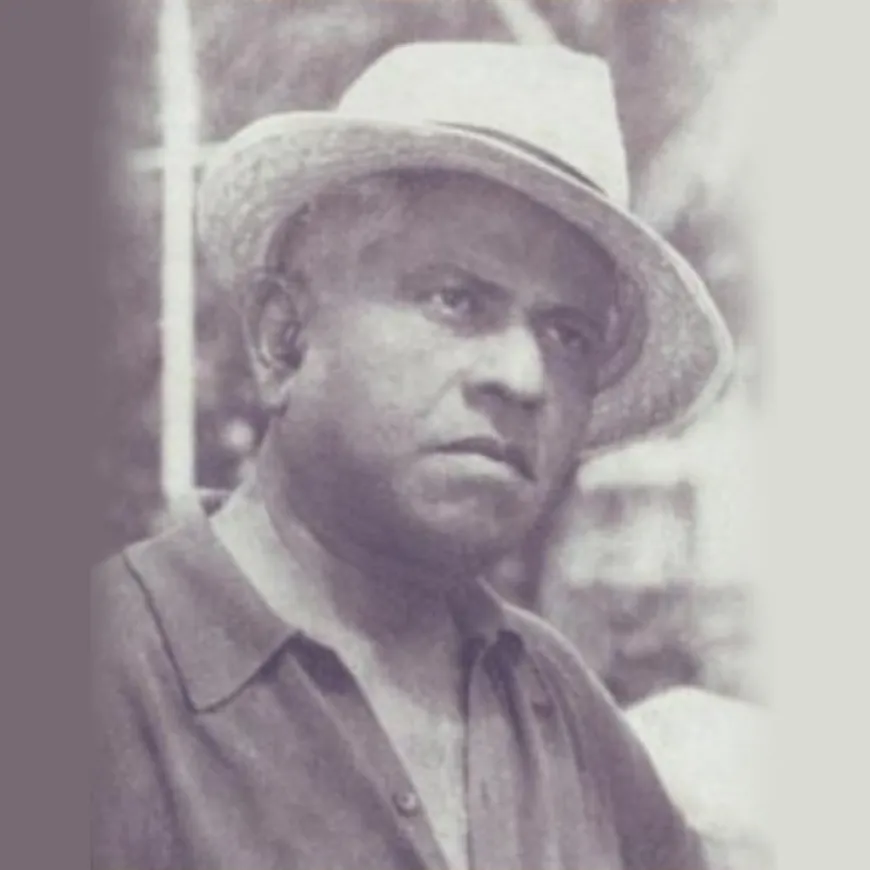

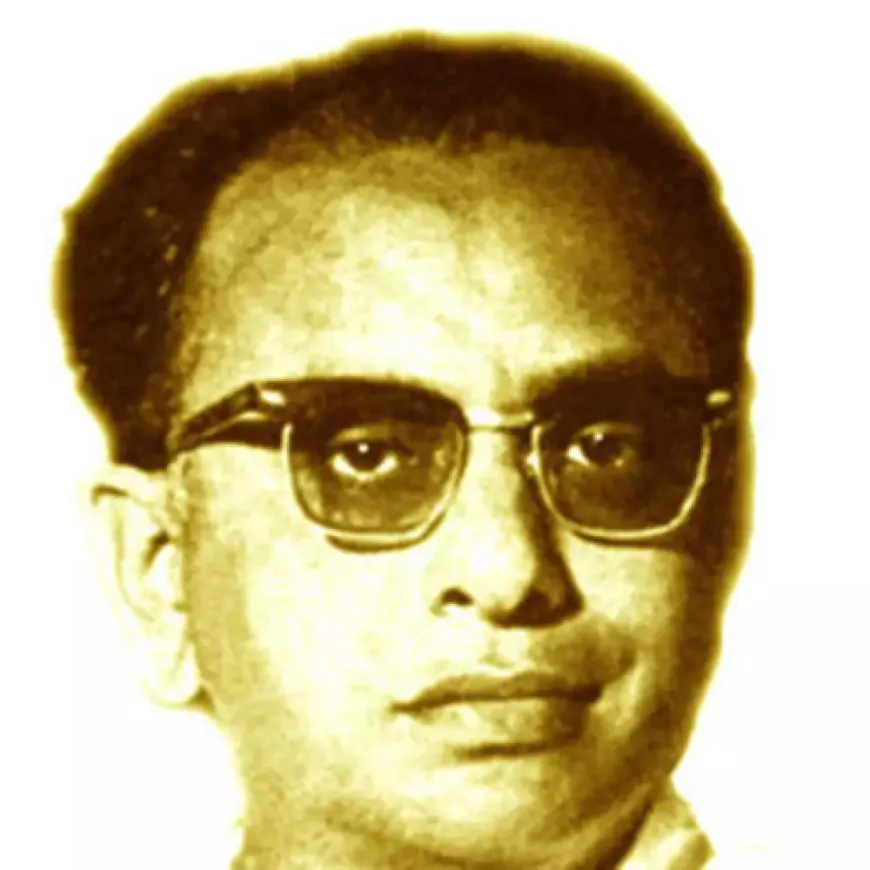
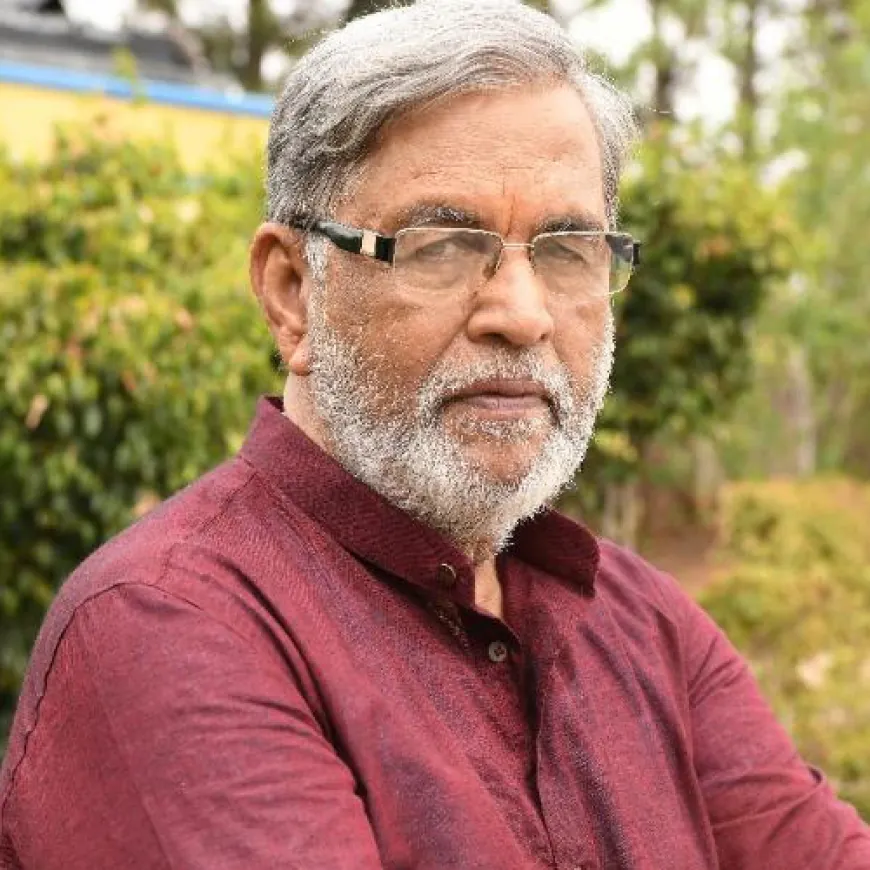









Kapu Film Directors
Sukumar
Sukumar is a name that resonates deeply within the Telugu film industry, especially among the Kapu community. Renowned for his unique storytelling and visual style, he has carved a niche for himself, elevating the standards of commercial cinema. In this post, we’ll explore Sukumar’s journey, his cinematic approach, and his contributions to both the film industry and the Kapu community.
Dasari Narayana Rao
Dasari Narayana Rao was a legendary filmmaker, screenwriter, producer, and actor in the Indian film industry, primarily in Telugu cinema. Born on May 4, 1942, in Palakollu, Andhra Pradesh, he carved a niche for himself with his unparalleled contributions to cinema. Known for his prolific career, Rao directed over 150 films and produced several critically acclaimed and commercially successful movies. He was not only a filmmaker but also a visionary storyteller who adeptly captured social issues, human emotions, and moral dilemmas on screen.
Dasari's films often carried strong messages addressing societal inequalities, politics, and family values, earning him the reputation of a director who resonated with the common man. He collaborated with some of Telugu cinema's finest performers and helped launch and shape several actors' careers.
In addition to his achievements in cinema, Dasari was also a notable politician, serving as a Member of Parliament and contributing to the cultural and political spheres. His dedication to the arts earned him numerous awards, including multiple Nandi Awards and Filmfare Awards. He was also honored with the Raghupathi Venkaiah Award for his lifetime contribution to Telugu cinema.
Dasari Narayana Rao passed away on May 30, 2017, leaving behind a legacy that continues to inspire generations of filmmakers and audiences alike.
Mahanati Savitri
Savitri was an iconic figure in Indian cinema, celebrated for her contributions not only as a versatile actress but also as a pioneering film director and producer. She was born on December 6, 1935, in Andhra Pradesh, India, and made an indelible mark on Telugu and Tamil cinema during the golden era of the 1950s and 60s. Known for her exceptional acting skills, she excelled in roles that required a range of emotions, earning her the title “Mahanati” (Great Actress).
As a film director, Savitri broke barriers in a male-dominated industry, helming projects that showcased her creative vision and storytelling prowess. Her directorial ventures, such as Chinnari Papalu (1968), were notable for their emotional depth and social relevance. She had a keen eye for detail and a unique ability to portray complex characters, reflecting her deep understanding of human emotions and relationships.
Savitri’s foray into filmmaking demonstrated her versatility and courage, setting an example for future generations of women in Indian cinema. Despite challenges in balancing her roles as an actress, director, and producer, her passion for cinema remained unwavering. Her contributions have left an enduring legacy, cementing her place as one of the most celebrated and inspiring personalities in Indian film history.
Raghupathi Venkaiah Naidu
Raghupathi Venkaiah Naidu (1887–1941) is widely regarded as the father of Telugu cinema and a pioneer of Indian cinema. Born in Machilipatnam, Andhra Pradesh, he was a visionary whose contributions laid the foundation for the Indian film industry. Initially an artist and photographer, Venkaiah Naidu developed a passion for motion pictures and was among the first to bring cinematic technology to South India.
In the early 1900s, he set up "Gaiety Talkies" in Chennai (then Madras), one of the first permanent cinema theaters in South India. He was not only an exhibitor but also ventured into film production and direction. His debut film, Bhishma Pratigna (1921), is often recognized as the first Telugu silent film. It was co-directed with his son, Raghupathi Surya Prakash. The film retold a story from the Mahabharata and marked a milestone in the evolution of regional cinema.
Raghupathi Venkaiah Naidu was a true pioneer, introducing South India to the art of cinema by organizing film screenings across towns and villages, and even building some of the earliest projectors. Despite his huge accomplishments, he struggled financially in his final years and died in relative obscurity. However, his legacy endures as the Telugu film industry pays homage to him with awards and titles in his name, ensuring he is remembered as a trailblazer who transformed storytelling in South India through the medium of cinema.
V.V. Vinayak
V.V. Vinayak is a prominent Indian film director and screenwriter, best known for his contributions to Telugu cinema. Renowned for his ability to blend high-octane action with compelling drama, Vinayak has carved a niche for himself as one of the most successful commercial directors in the industry. Born on October 9, 1974, in Chagallu, Andhra Pradesh, he pursued his passion for storytelling and filmmaking, ultimately becoming a household name in Tollywood.
Vinayak made his directorial debut in 2002 with the blockbuster Aadi, starring Nandamuri Kalyan Ram, which became a game-changer for both him and the Telugu film industry. Known for his knack for creating mass entertainers, his films often feature larger-than-life characters, emotionally charged narratives, and breathtaking action sequences.
Over the years, V.V. Vinayak has directed several iconic films such as Dil (2003), Tagore (2003), Lakshmi (2006), Krishna (2008), and Adhurs (2010). He has worked with some of the biggest stars in Telugu cinema, including Chiranjeevi, NTR Jr., Allu Arjun, and Ram Charan, delivering memorable performances and numerous box-office successes.
Naidu Sisters
Manager Manjula Naidu and her sister Bindu Naidu are well-known figures in the world of small screen theatre. While their on-screen characters may seem serious, the sisters are full of humor in real life. When they speak in their signature Hyderabadi style, blending English, Telugu, and Hindi, it's always a delight.
On the sets, the sisters have their own opinions, but when someone else is in charge, they prefer staying out of the spotlight. The duo teamed up with Aagamanam, and Bindu also worked on some TV projects on her own. Later, she joined her sister again for the popular show Chakravakam, which became a hit because of its element of surprise and unique storytelling. Both sisters admire each other's work, with Manjula often praising Bindu's scripts, while Bindu respects Manjula's direction. Their characters are always vibrant, and their dialogues have a charming, playful tone.
The sisters know how to keep the audience engaged. If they were to discuss morals directly, it wouldn't hold the viewers' attention. Instead, they wrap their lessons in engaging storylines, with Bindu adding twists to keep things exciting. Though they don't often comment on other Telugu serials, Manjula once expressed her discomfort after watching a scene in a Hindi serial where a mother instructs her daughter to do anything to attract a boy. Manjula found it inappropriate and troubling, especially given that she comes from the same industry.
The sisters believe that empathy is missing in many shows today, and they hope to see more female writers who can bring compassion to their work. Every week, they keep a close watch on TRP ratings, feeling the pressure, but they enjoy the challenge. If Bindu feels the story is losing its pace, she steps in to make changes and keep things moving quickly. Bindu’s husband, U. Balaji (CEO of HMRI), is her trusted partner in both life and work.
Exploring human relationships has been their strength. Now, Manjula is looking to expand her work to other regional languages like Kannada and Tamil. As for movies, Bindu believes the focus should be on storytelling rather than seeking awards. But Manjula has big plans for independent filmmakers and wants to support young talent. Talks are already underway with some promising new filmmakers, and she’s excited about the future of good cinema.
Kapu Surnames and Gotralu | Kapu Film Actors | Kapu Politicians | Kapu Cinema Directors | Kapu Music Directors | Kapu Matrimony | Kapu Community | Kapu movie Directors
